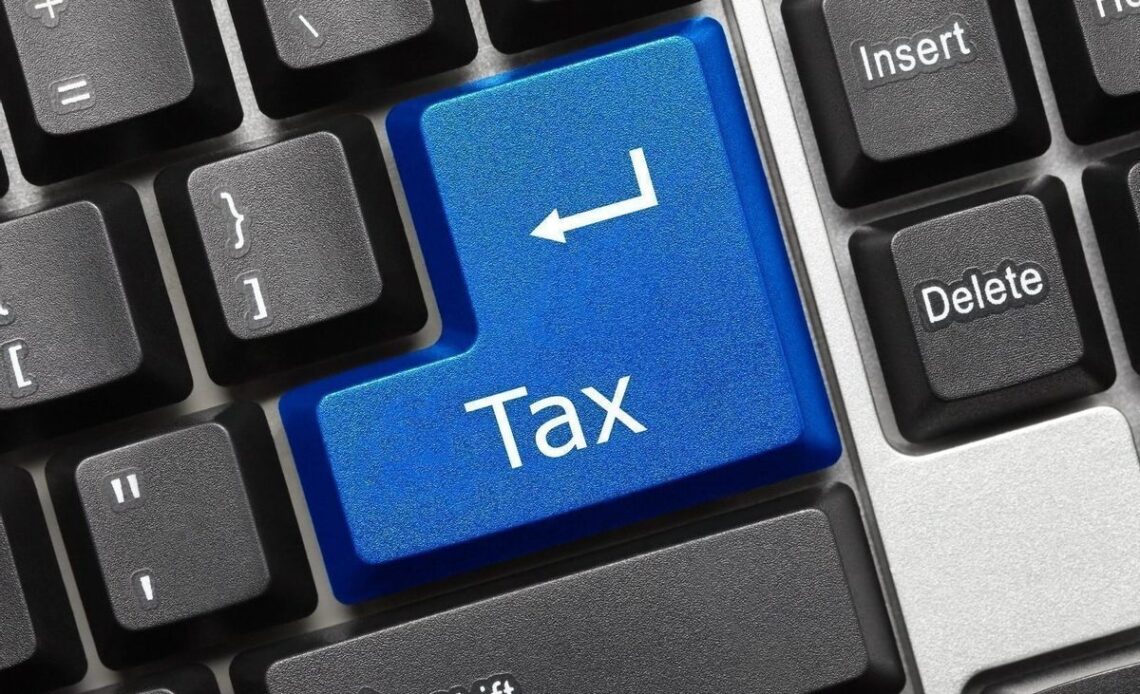A lot of individuals do freelance in order to earn additional income. However, as per the income tax laws, they must pay tax for the income they receive. But there are ways for freelancers to reduce their tax amount.
If you want to know how you can save tax in case you are a freelancer with a regular job, then read this article.
Many people are opting for freelancing with a regular job as it helps them earn more money. But they should know that the income generated from freelancing is also taxable. However, there are ways to lower the tax amount. Freelancers can also use an income tax calculator to understand how much tax they might have to pay.
Let’s take a look at how freelancers should file their income tax and how they can reduce their tax liability-
Calculate the Gross Income
The first step while filing income tax returns is calculating the gross income. The income earned by freelancing falls under ‘profits and gains from business or profession’.
Deduct the Expenses
In case there are expenses that have gone for securing the business, then they should be deducted from the gross annual income. The business expenses can be telephone expenses, Internet charges, etc.
Deduct Depreciation
A freelancer should also deduct expenses caused by depreciation from the gross income or the net annual turnover. This is because every year, the value of the equipment that is owned by the freelancer depreciates. Depreciation can help in spreading the cost of an asset over a period of time.
Furthermore, if a freelancer is working in a rented place, then he/she can claim the rent exemptions. Therefore, the various expenses that a freelancer incurs for his/her business are exempt from taxation.
Calculate All Other Incomes
While it is important to calculate the income generated by freelancing, it is also crucial to calculate other incomes in the ITR. Some of them are-
- Gains earned via a property- by selling it or rental earning.
- Income earned by trading equities, shares, etc.
- Income gained from the employer for the additional hours worked.
Exemptions and Deductions
Freelancers can also claim various tax exemptions and deductions. Here are some of them-
- Deductions under Section 80C
A freelancer can claim a deduction of up to Rs. 1.5 Lakh for payments made towards purchasing life insurance policies, buying/constructing residential property, etc.
- Section 80D
Under Section 80D, a person can claim a tax deduction on the premiums paid for purchasing a health insurance policy.
- Section 80G
A person can claim up to 100% tax deduction for the contributions made to charitable funds, such as the Prime Minister Relief Fund, the National Defence Fund, etc.
Claim TDS Deductions
Often, clients deduct the TDS when making payments to a freelancer. The freelancers can claim TDS deductions while filing the ITR form.
Advance Tax
Advance tax is the payment of tax in regular intervals. In case the total tax liability of a freelancer is more than Rs. 10,000, then he/she might have to pay advance tax.
Keep the aforementioned points in mind in order to reduce the tax amount.

